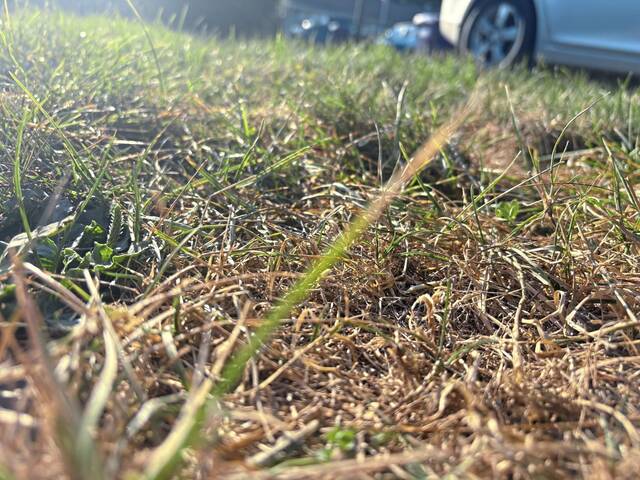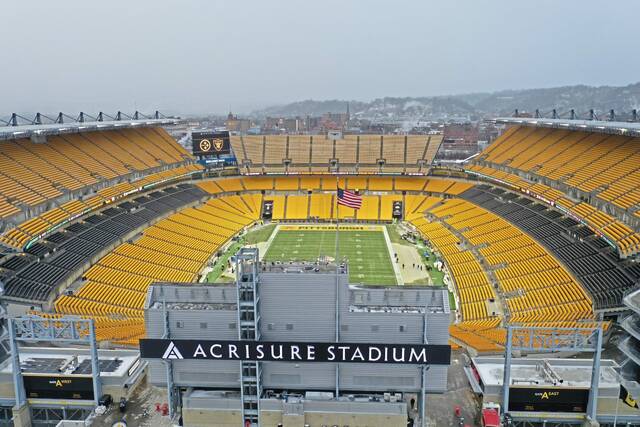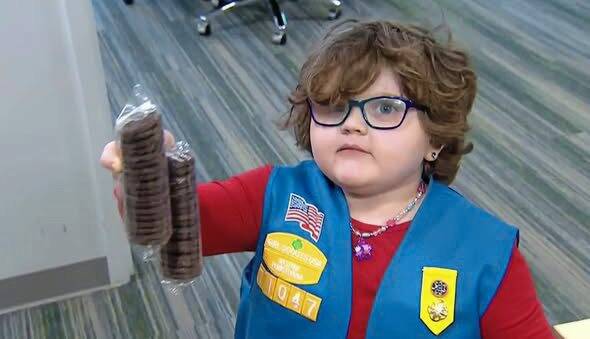After a spring and early summer that saw several damaging storms and floods, the precipitation well has run dry in August.
The last time the Pittsburgh region saw no rain in the first 10 days of August, Grover Cleveland was serving his first term as president in 1887, according to National Weather Service data.
“We’re around Day 15 of no rain in the area, which is not typical, especially for August,” said NWS Meteorologist Shannon Hefferan. “We were right around the annual average in late July, but we’re trending below-average now because of this lack of rain.”
Southwestern Pennsylvania received nearly 5.6 inches of rain in June — however, more than 25% of it fell in one day: June 27.
July brought 2.27 inches of rain, a decent amount but nearly two inches below the annual average.
Since a storm that brought a little more than an inch of rain on July 16, the Pittsburgh region has received less than a half-inch of precipitation.
For Neil Palmer, owner of Palmers Farm in Greensburg, the early part of summer was a welcome break from heavy spring rains.
“May was incredibly wet, and that continued into June,” Palmer said. “My fields finally started to dry out around mid-June, and through July it was a nice balance of warmth and sun with some rain here and there.”
The past two weeks have been tough on Palmer’s corn crop.
“In the heat of summer, sweet corn uses about a quarter-inch of water every day,” he said. “We’re pretty far behind that, so we’ve been doing a lot of irrigation. Without that, I’d be sitting here getting nervous.”
There is rain in the forecast for Wednesday, but it’s not expected to last. And while Palmer is hoping for rain, he’d like it in moderation.
“If a really dry field gets heavy rain, it will just wash off,” he said. “You don’t want it all at once.”
Hefferan said dry ground can sometimes act like cement when rain hits it.
“It needs some gradual rain to wet the ground and start the water absorbing,” she said.








